The Importance Of Innovation Within Parking
Are tech and smart solutions really that important? Does innovation in parking realistically offer that many opportunities? Well, the average motorist in London spends four days, or 91 hours, a year looking for a car parking space.
Across the UK there are 27 million cars that need to be left somewhere. People in the UK use their cars for over 25 billion trips a year. More than 57% of these trips require a parking space away from home – some 39 million every day.
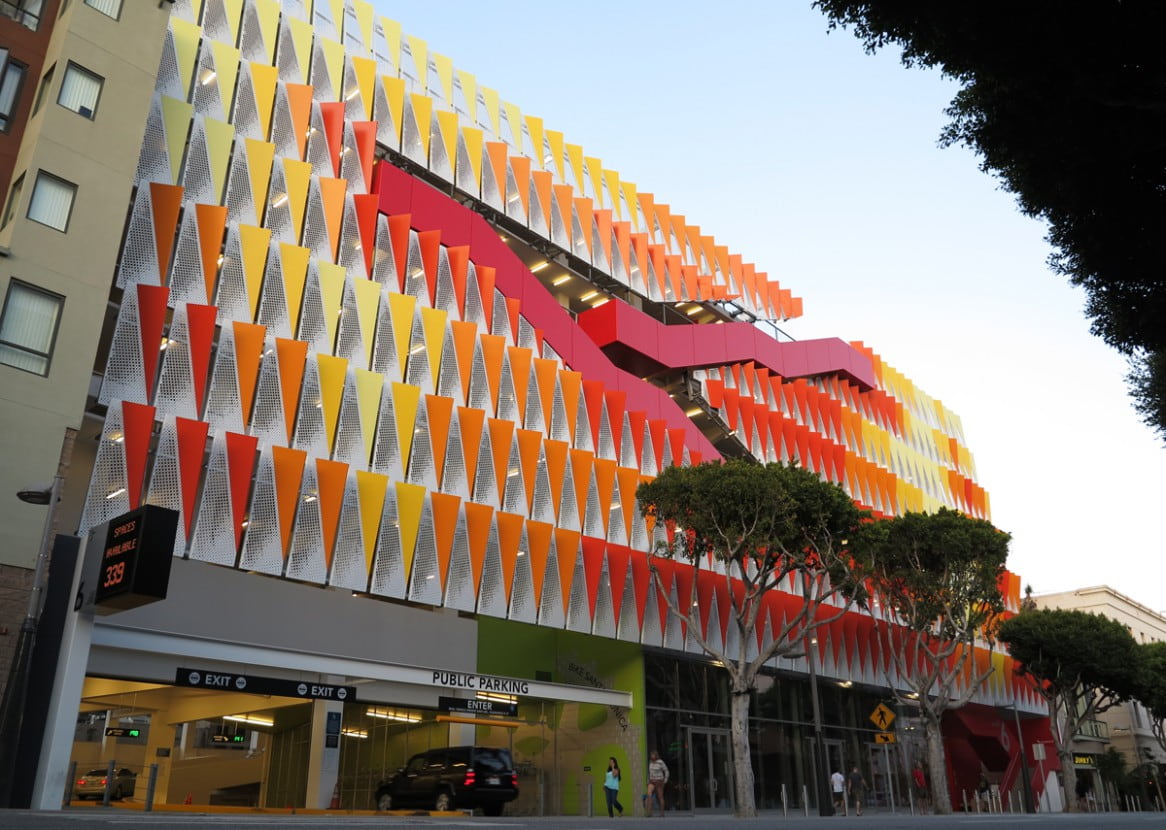
So, 'YES', exploring revolutionary parking solutions and innovations are opportune. There is a clear space here for someone to offer different perspectives on what the future of parking could be.
In our series of articles, we will explore many of the key issues that will impact the future of parking.
1. Revolutionary Smart Parking Solutions and Innovations
From sensor-based technologies to new generation intelligent town planning – the smart parking solutions and innovations of the future are going to define how major cities around the world develop. The IoT (Internet of Things) is facilitating this Smart City.
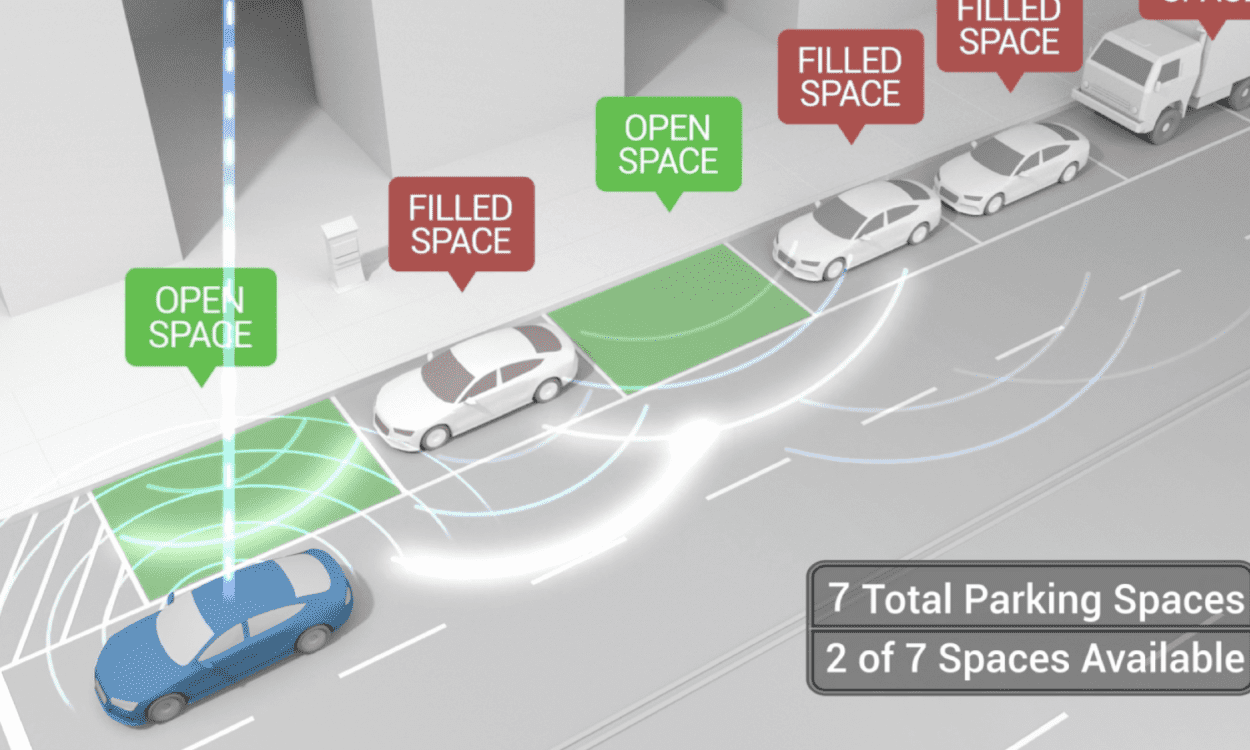
The innovations to be explored include wireless sensor-based technology, which accounts for more than 10000 devices that are currently installed worldwide; dynamic messaging; parking sensors and administrative facilities for viewing data on parking across a district for those wishing to improve town planning and city design.
This revolution in parking includes the provision of real-time parking data to citizens, as well as the instant regulation of parking areas. The technology might include guidance systems helping visitors to spaces in your company car park – or better still – at the local supermarket.
2. Parking Innovations For Large Cities
With so much innovation in transport and technology – smart means being selective. What are the innovations that every city should adopt? Oddly, innovation might have little to do with the parking itself and more to do with providing information to those planning cities and those using the cities facilities.
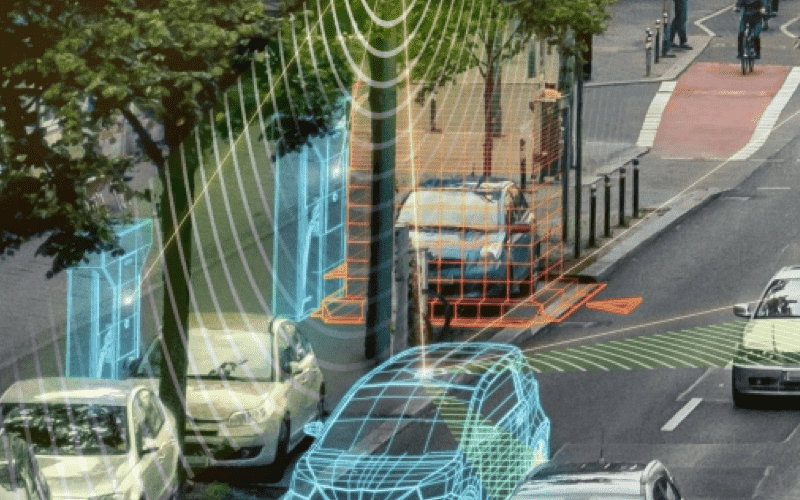
The smart of the Internet of Things is the camera, the sensor and the wireless transference of data – sure – but in reality – the real smart comes from the mass of data provided and its application for better future planning. An example? How about using the data to send real-time information to drivers to tell them where they could park?
3. Valet Parking System For Airports
In Dusseldorf you will meet Ray. In Lyon, you may be introduced to Stan. These are not the latest car park attendants who will pick up and park your car. These are robot valet parking. Stan is provided by Stanley Robotics – and the robot picks up vehicles and deposits them in the outdoor car park.
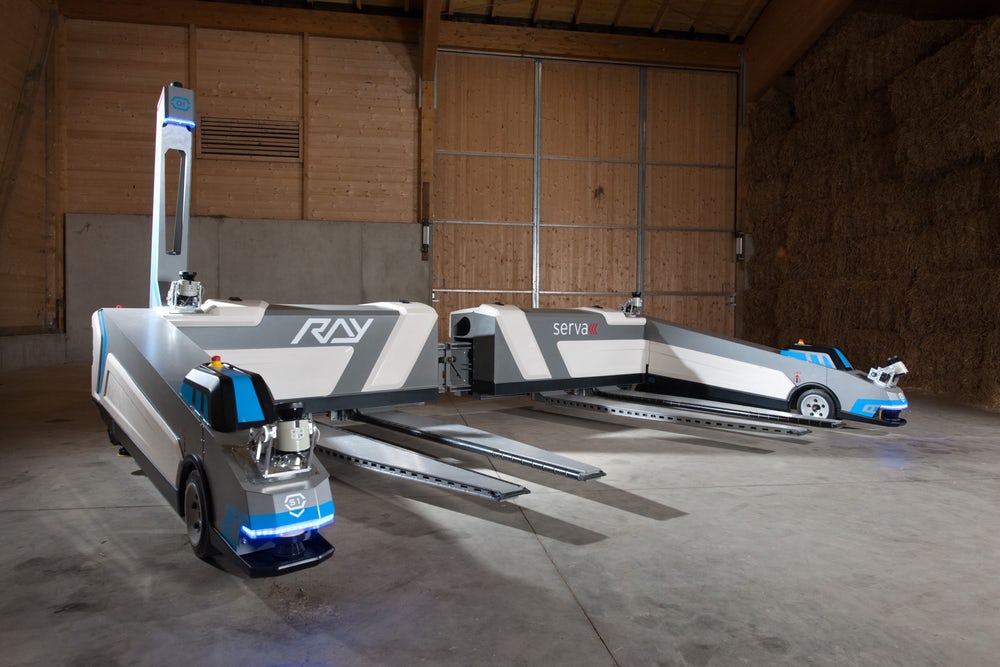
There are issues of trust – how can we persuade travellers to leave their vehicle in the hands of a robot? It is also a matter of time. Can travellers really afford to waste the time saved by having an automatic towing device deliver their car to an available space?
A robot might sound sci-fi, but this valet parking system is an intriguing automated towing vehicle that pulls the cars to space. This is one innovation – but what others are changing the way we park at airports?
4. Innovative Parking Concepts
What are the concepts that underpin the future of parking innovation? What problems are we trying to solve using Smart technologies? It could be that you are looking to make your fortune by selling a parking solution to major car producers.
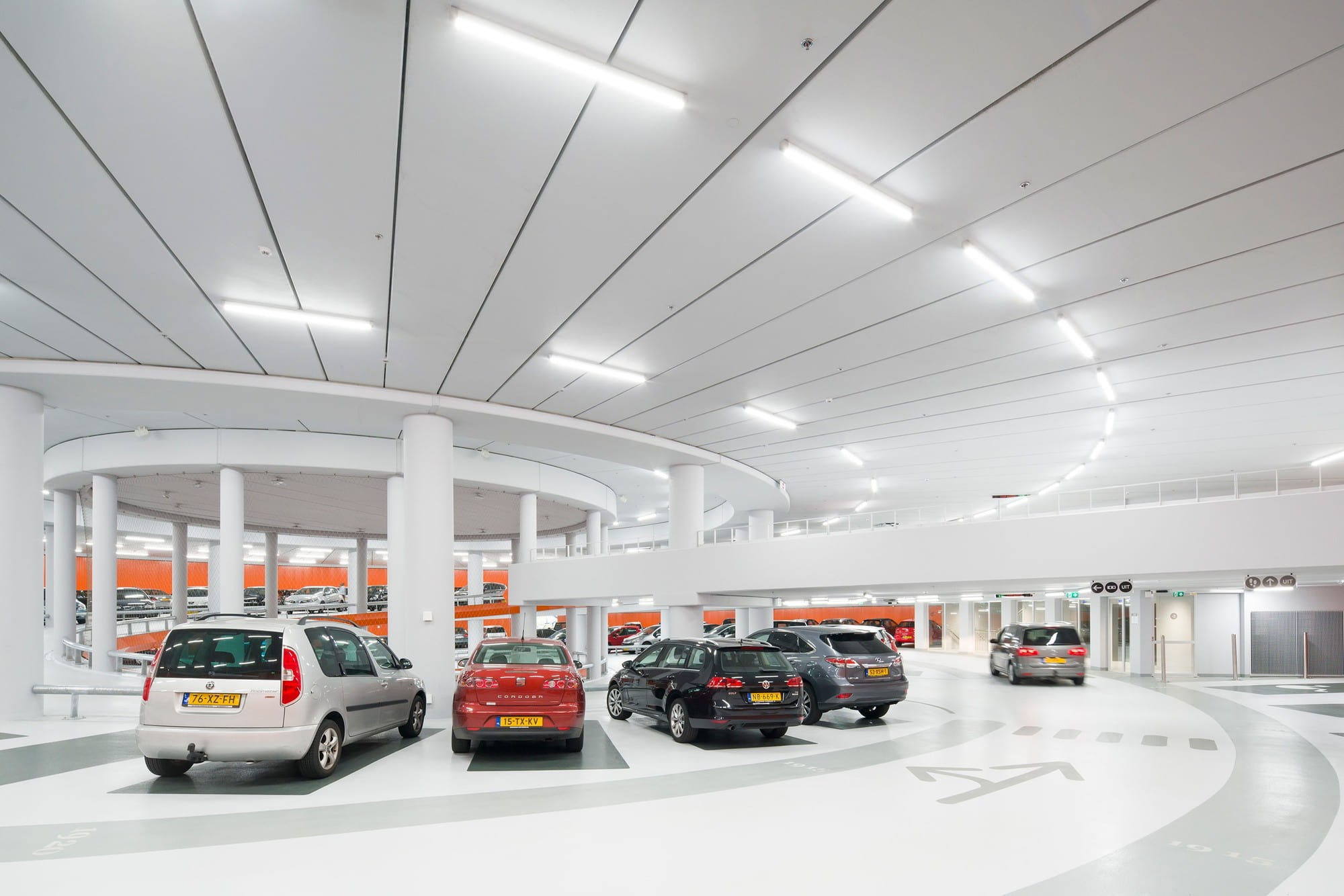
Imagine if a driver could ask a personal assistant in the car's onboard computer to direct them to the nearest empty parking space. Is this likely to be a highly desired feature of future cars?
Maybe the concept for innovative parking is related to payment. Maybe the problem looking to be solved is the issue of spare change. How can a person pay for the parking in a convenient and speedy manner?
With contactless payment it is likely that searching for coins in the bottom of your bag will be a thing of the past. It could get even better with the ability of car park sensors to tap into your mobile phone and let you know how to park with the tap of a button.
These are two of many innovative parking concepts that are being driven by technology. What more could be achieved?
5. Benefits Of Parking Apps/ Applications
In the era of the smartphone smart parking can come to the average citizen. There are a host of parking apps that we can choose from to help us – there is PayByPhone, Park Right, RingGo, Parkopedia and many more. But, are there any actual benefits to the driver of all these parking apps?
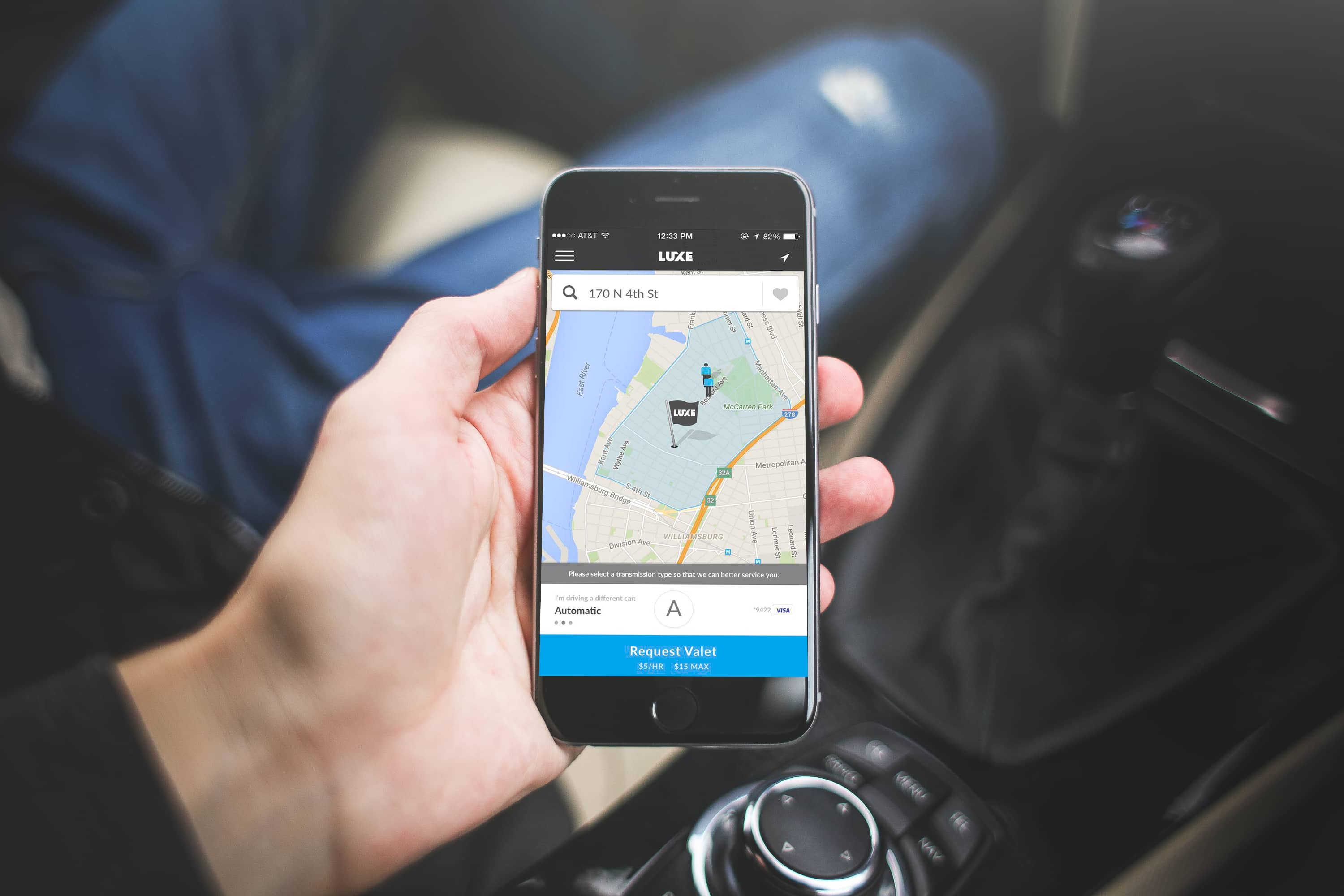
There are obviously those apps that allow you to pay for your parking – and update your parking if you are going to stay longer. Some apps tell you where you will find on-road and off-road parking, and some will even guide you through the streets until you are at the car park.
The many benefits need to be explored in detail to understand what makes the optimum parking app for the future.
6. Why Multi-Level Car Parking is Smart For Cities
If you research multi-level car parking one of the first cities to pop up is in India. If you have ever driven on the roads in India, you will understand why they are at the forefront of Smart City technology for vehicles. Often innovation is borne of necessity – and the crowded roads of India make Smart parking solutions absolutely essential.
Three different locations in the city will have multi-level car parking – with sensors, signs to guide to spaces, and lifts – all to ease the major traffic congestion experienced.
It may be that the future of these multi-level car parks is the automated car parking system. This system parks the car and then retrieves it when you return. These typically use lifts and pallets – and can be installed in rows and columns.
It will be interesting to test out whether this vogue for automation will work out – there may be no need for space for pedestrians and it may reduce the stress of finding your car at the end of the shopping trip – but will this be enough for the average vehicle owner to give up control?
7. The Future Of Car Parking Lifts
The future of car parking lifts is likely to be automation. The problem for people building car parks is that you need six times more space for each car that is needed to park it. There needs to be walkways and turning spaces – there need to be stairways to the different levels – the pay bay – and more. The point is that there is little profit to be made in premium real-estate being transformed into parking – no matter how much we need it. It is likely that the average cost of a conventional car parking space is approximately £20k a year.
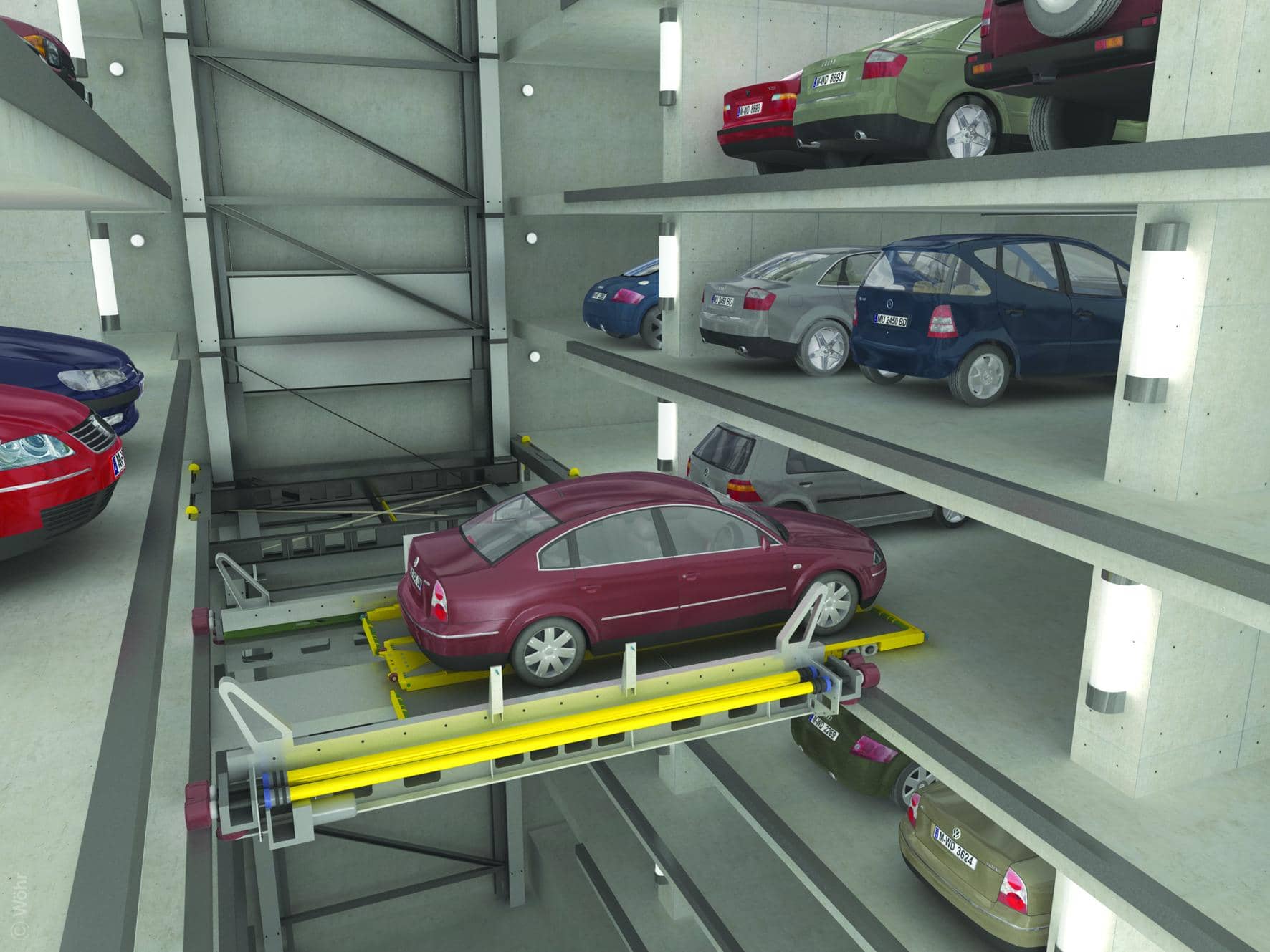
Innovation borne of a desire for profits means the car parking lift will automate the delivery of the car to its parking space. It will be delivered like products on a pallet – and retrieved when the driver punches in details into the computer.
Automated parking lifts are not really a new concept – there are over 1.6 million parking spaces in Japan served by such lifts. However, the application of such lifts globally is the future – as our cities get more crowded and our trust in technology increases.
8. The Innovation Of Park and Pay When Parking
Recently, car parking gates have started to open with the tap of the contactless payment card. Such innovation is thanks to the Internet of Things, which connects the barrier via the internet to your bank. However, innovations of the future might actually look to ideas from the near past. There is a move to resurrect the QR code, for instance. This means you can scan the code for your parking into your mobile phone and pay with mobile phone payment options delivered.
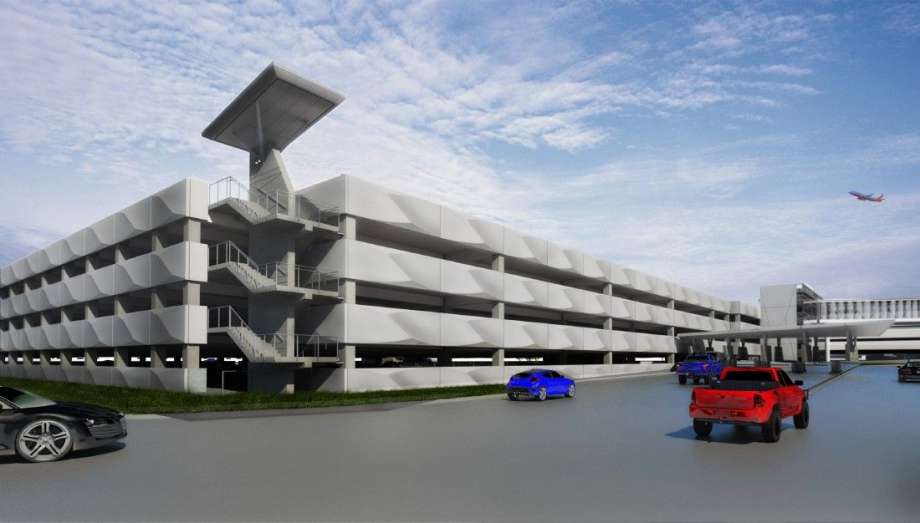
When looking at innovations in Park and Pay there needs to be a close inspection of the technology of smartphones and payment technologies. For instance, there is going to be an increase in the use of the mobile wallet – whether it is Apple Pay, Samsung Pay, or Android Pay. These mobile wallets could make it increasingly pointless to have debit cards, credit cards or cash. The Park and Pay sector will have to adapt to these changes.
9. The Possibilities Of Robot Car Parks
The demand for cars is rising by 1.5% each year. This is an obvious bonus for car makers. However, it means that the space on our roads is now at a premium. On-road parking no longer makes financial sense, as it creates additional congestion and pollution. Therefore, for the town planner, the desire is to move to multi-level car parks. However, as each conventional car parking space requires 6 times the space of a car this does not fully resolve the increasing demand for space.
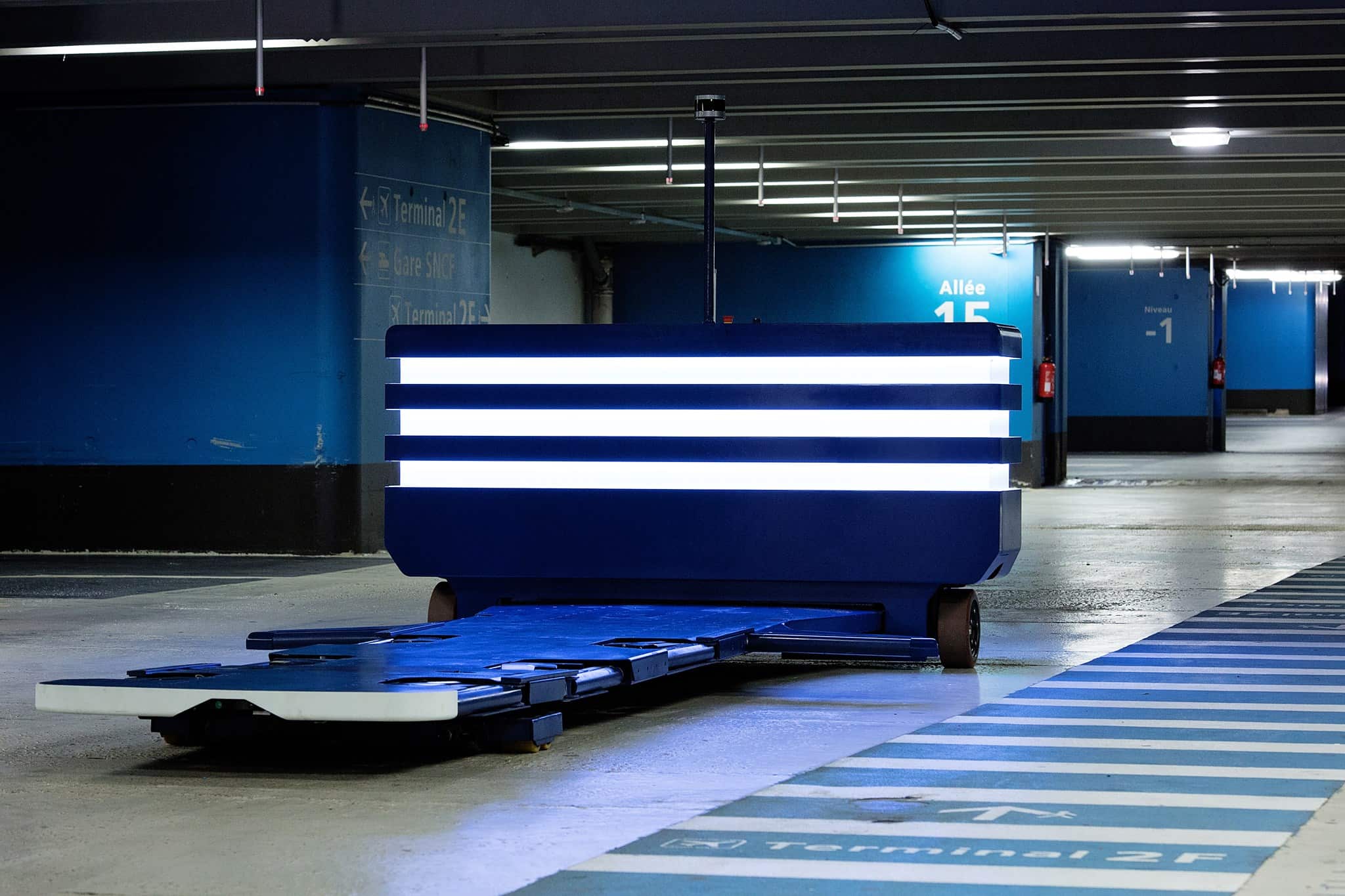
The solution could be to reduce car use in our city centres and policies in larger cities have certainly taken this pathway. Yet, in reality, the robot car park could be the possible solution for those who want to make the use of space. Each space currently given to conventional parking could house 16 (4 x 4) cars in the future. Also, with no drivers in the parking space, there is an increase in safety for vehicles and in the security of the storage.
10. Are The Largest Airports Innovating On Airport Parking Systems?
The world's major airports are the testing ground for innovation in most sectors. The airport technology lab has been the seeding point for artificial intelligence, virtual reality, and smart infrastructure. The airport is the place that the driverless car was first imagined.
The labs at Changi Airport and Charles De Gaulle, as examples, offer obvious benefits to the airport. They get to introduce the technologies as soon as they are developed. The Innovation Hub near Paris was the first to innovate the parking robot – with its partnership with Stanley Robots.
The Paris example is just one – there is a similar innovation lab in San Diego and Munich. Exploring these projects will help unveil the future parking technologies.
11. How Green Parking Is Benefitting Smart Parking?
The desire to make the world more environmentally sustainable impacts on parking as much as any other energy-driven sector. Therefore, the move to green parking – or parking that acknowledges the need to look after the world – is going to need innovative technologies to succeed. The millennials and the snowflake generations have been born into a world where solutions to problems emanate from their smartphone.

There may be a requirement for pre-booking in parking spaces in city centres and only if you have an electric or hybrid car; there may be a requirement to book the more than 2 other people into the space, showing you have car shared; speed of payment moves cars quicker and avoids congestion and from this congestion increased pollution; and more.
The need for green could prompt a greater desire for smart parking solutions in ways that are worth exploring.
Lets Summarise
With each year, one thing is certain, we are seeing more and more revolutionary parking innovations from large companies & independent organisations. We are yet to see ideas such as robot valet parking & green parking hit the mainstream, so, unfortunately, we do have a few years of anticipation remaining. By changing the politics of parking, cities can meter more of their valuable curb space, producing more money, less traffic, cleaner air, and a cooler planet. Parking meters can then do a world of good.
